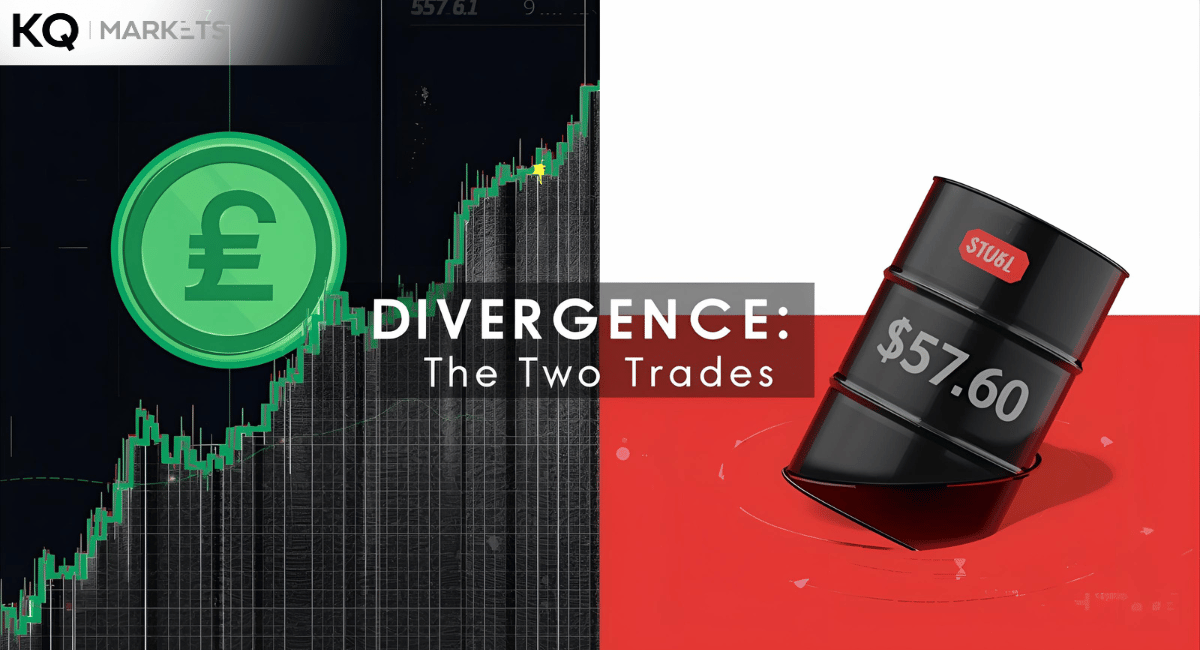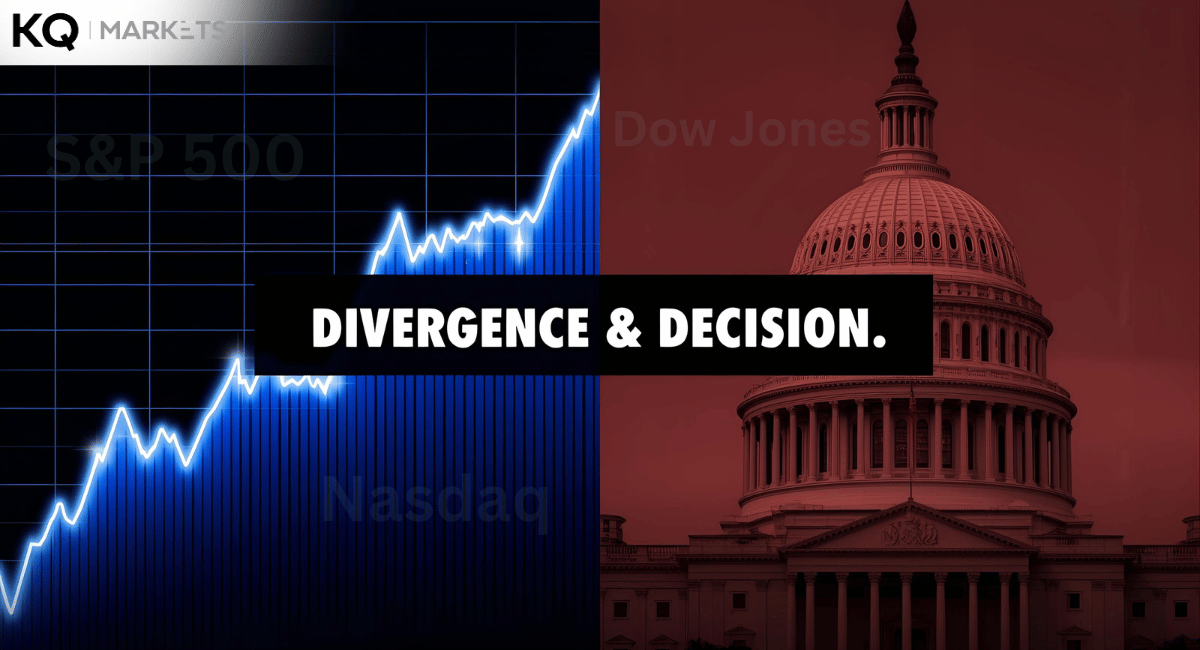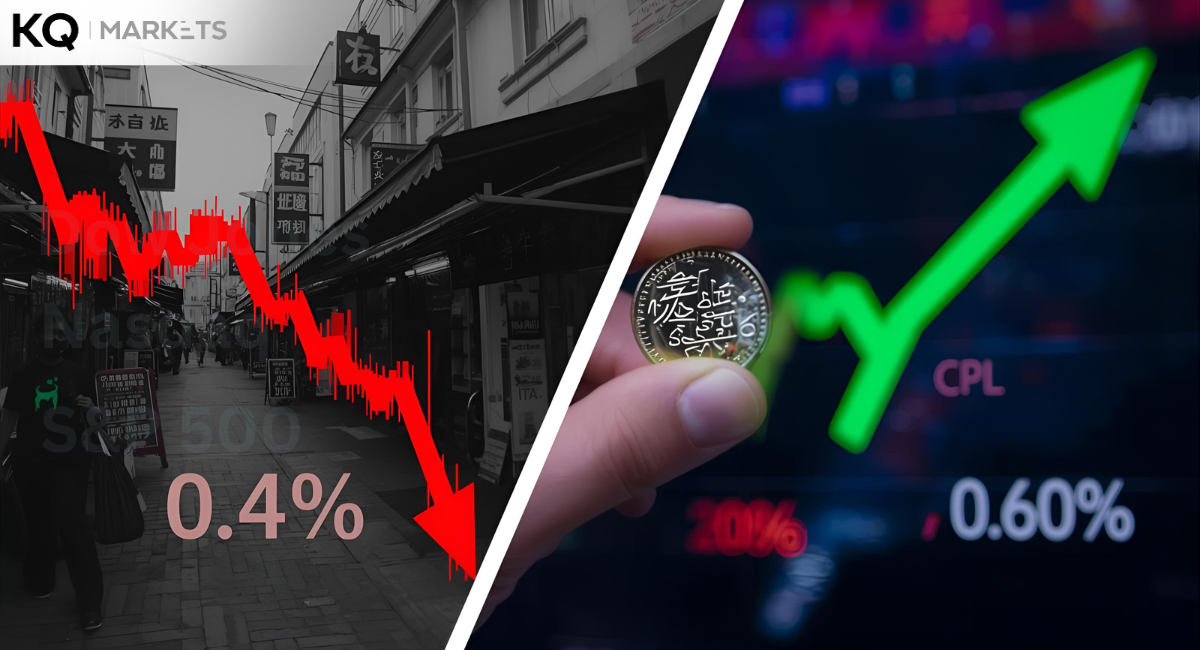Stocks nudged on Monday as traders cautiously adjusted to the new plan of shoring up the world financial system. The move comes after four banks collapsed, indicating turmoil in financial markets. Meanwhile, the S&P 500 increased by 9%. The bounce occurred one day after Swiss regulators planned a hasty UBS takeover of Credit Suisse, the country’s embattled lender. These regulators declared procurement of the collapsed New York Signature Bank.
On the other hand, several top central banks aimed to avail dollar funding. The efforts re-energized worried investors since they remained concerned about possible turmoil. Analysts are more worried about a likely knock-on impact as banks lowered lending to prevent further Silicon Valley Bank fallout impacts. The Federal Reserve has raised interest rates throughout the stubbornly higher inflation period. Nonetheless, the ongoing volatility in the banking sector has resulted in a possible reassessment of the next move.
Investors are concerned that financial regulators might further turn the screws on a stressful economy. Thus, they were evenly split on whether policymakers would raise or drop the interest rates. Most financial experts believed the Federal Reserve would raise the interest rate by 25 basis points following a hotter-than-expected inflation report. The uncertainty’s impact was also evident in small banks’ shares. For instance, First Republic Bank dropped about 50% on Monday. The bank's stocks fell by 90% this month, erasing billions of dollars in market value.

Besides, the First Republic Bank shares drop placed its status as an independent banking firm in question. Hence, S&P Global downgraded the bank's credit rating on Sunday to mark two consecutive downgrades in one week. Western Alliance (another small lender) also tumbled as its shares dropped by 6.7%. Yet, some investors still felt the fallout from the recent bank collapse despite the financial market’s volatile trading conditions. Commodity Trading Advisors (CTA) is one of the strategies hard hit by turbulence.
Many large investment funds worldwide employ the CTA strategy that follows the market’s momentum in selling as prices fall and buying as they rise. Simply put, such investment funds are susceptible to sharp fluctuations that sometimes result in losses. The 20 largest CTA managers index has dropped nearly 9% since the sell-off started. The Credit Suisse deal led to unease in debt markets that some investors feared could prevail.
Stock owner investors in a company are last in line to receive payments after it is wiped out. But in the Credit Suisse deal, stock owners got one UBS share for every 22.48 previous shares. Surprisingly, the agreement wiped out the AT1 bonds, a unique, risky bank debt. On Monday, banking supervisors and regulators in the EU announced that bondholders could only bear losses at banks after shareholders. Above all, other European AT1 bank debt prices dropped on Monday.





